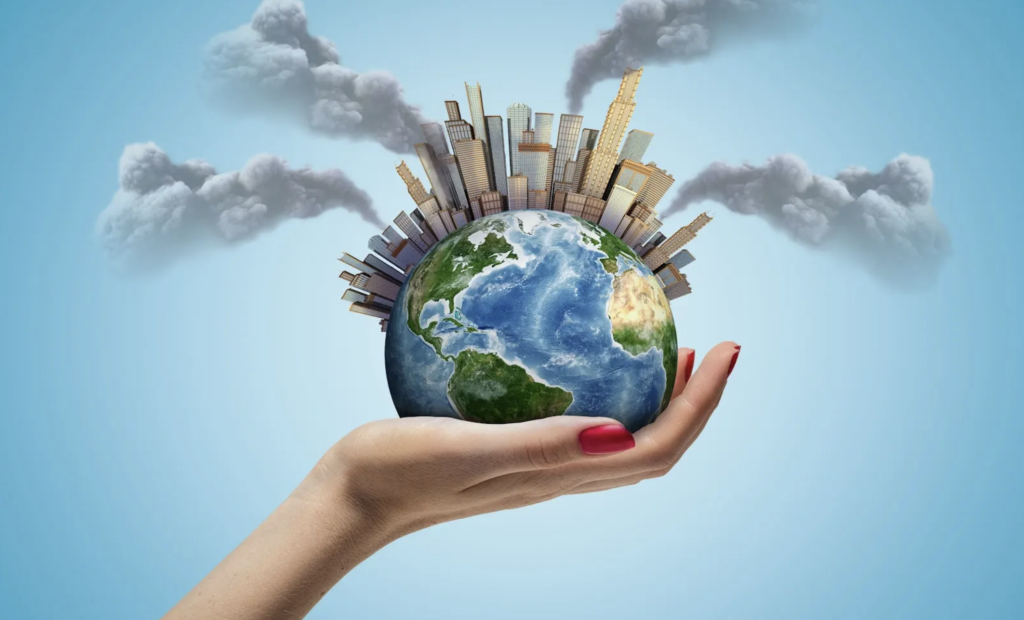Sustainability is “sus” in some circles these days, but eco-minded event professionals say the industry has come too far to reverse course.
“What it all comes down to is that [sustainability is] good for business,” says Courtney Lohmann, a former meeting planner who now runs a namesake consulting agency to help business leaders achieve their sustainability and social impact goals.
Sustainability has been a key talking point throughout the industry for years, particularly among CVBs and hospitality companies aiming to limit waste. Over time, however,
sustainability’s definition has expanded from limiting carbon emissions to include partnerships that nurture community-based initiatives as industry leaders look to shift sustainability from a buzzword to an evolving initiative.
Examples include:
- Corporate social responsibility (CSR) projects like upcycling used goods for bicycles and other items
- Providing gifts like soap or jewelry made by at-risk or underserved groups
- Delivering leftover food to people experiencing homelessness
Lohmann is confident the practices will continue, albeit with a twist. “I think people should probably not use the term “sustainability” or “sustainable,” she says. “I’ve heard destinations use terms like ‘stewardship.’”
Organizations receiving federal funding will likely heed Lohmann’s suggestion to avoid government complaints.
‘We Have an… Obligation’
Hotels and convention centers, in particular, are on the sustainability frontlines.
Take it from the 2025 American Express Business Travel Meetings and Events 2025 Global Forecast, which reports that 54% of meeting professionals agree sustainability is extremely or very important. It adds that 47% of organizations responding have defined sustainability goals and an action plan, and another 23% have defined sustainability goals but no action plan.
“Sustainability is like the next industrial revolution, because it’s created all of this innovation in our normal everyday business practices,” says Lohmann.
It’s worth noting that a continued push towards more sustainable meetings and events comes at a time when clean energy, at the federal level, is being pushed lower on the priority list. President Donald Trump’s Administration left the Paris Agreement on climate change for a second time earlier this year, citing unfair economic burdens imposed on American workers and businesses. The executive order to withdraw from the Agreement does not, however, take the US out of the UN Framework Convention on Climate Change (UNFCCC), which requires nations to cooperate in addressing climate change. Still, the Trump administration has advocated for reliance on traditional energy sources and paused research on solar and wind-powered options.
President Trump also issued an executive order banning paper straws, one of the least popular eco-friendly innovations that was already being phased out at many venues, notes Lohmann. This week, Trump also signed an order “to make America’s showers great again” by easing water restrictions in showerheads.
Marriott International, for its part, maintains: “We have an even greater obligation to operate responsibly with our expanding global presence.”
While certain sustainable practices may not curry favor, the general idea of protecting the environment while gathering remains popular.
Spreading the Word
That said, there remains room for improvement. Lohmann recently heard a peer describe that “meatless Monday” at a business event produced a large amount of leftovers because attendees preferred to go out to restaurants (presumably with meat on the menu) rather than eat the served food.
Lohmann says that example highlights the need to better communicate with attendees what they should expect on-site.
“That’s a communication miss,” she says, noting many events fail to collect and use data to explain their rationale for important decisions. “There’s an accountability piece to it. There’s that engagement piece.”
Attendees can take pride in contributing to sustainability goals or wish they had participated in the initiative, Lohmann adds.






